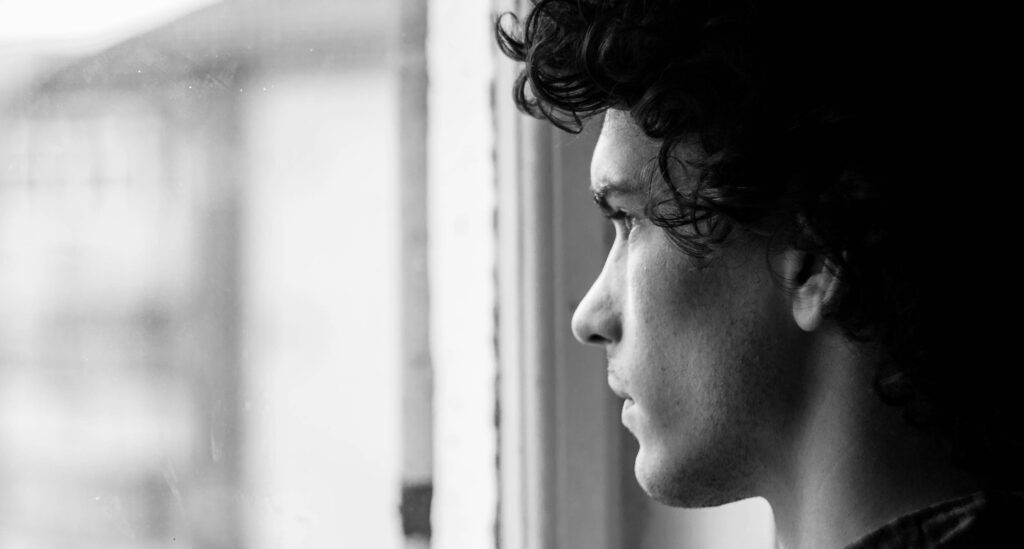Typically, inpatient alcohol rehab treatment programs last for 28 days, but those with alcohol addiction may find longer programs of 60 to 90 days beneficial for sustained recovery. Additionally, outpatient programs provide a more flexible and less intensive option for those unable to take a month or more away from their commitments.
Today, you will discover:
- How long is inpatient alcohol rehab?
- How long does alcohol rehab take in an outpatient setting?
- How long is alcohol rehab on average?
- How can you connect with alcohol detox and addiction treatment in Southern California?
Average Alcohol Rehab Stay
“How long should an alcoholic stay in rehab” is a question commonly asked by families of those grappling with alcohol use disorder. The average alcohol rehab stay can vary depending on several factors, including the severity of the addiction, individual progress, and treatment goals. While a 30-day program is common and provides a solid foundation for recovery, some individuals may benefit from longer stays of 60 to 90 days or more. The duration of the rehab stay is typically determined through an assessment by healthcare professionals who consider various factors to create a personalized treatment plan that suits the individual’s needs.
- Remember: asking “how long is alcohol treatment?” is less important than understanding the type of treatment you’ll need as this timeline can vary.
Length of Detox
The length of detoxification, or detox, can vary depending on many factors, including the substance abused, the duration and severity of the addiction, and individual differences. Generally, alcohol detoxification can last anywhere from a few days to a couple of weeks. During this process, the body clears itself of alcohol and adjusts to functioning without it. Medical supervision is often necessary during detox to ensure safety and manage withdrawal symptoms. The specific duration of alcohol detox will be determined by healthcare professionals based on the individual’s unique circumstances and needs.

Length of Inpatient Programs
There are three main options for those wondering, “How long are alcohol rehab programs at inpatient rehab”:
- 30-day inpatient alcohol rehab
- 60-day inpatient alcohol rehab
- 90-day inpatient alcohol rehab
The advantages of a 30-day program include its quick and easy nature, providing a good starting point for substance abuse treatment and helping individuals gain an understanding of the treatment plan and post-treatment care required. It also aids in developing relapse prevention strategies, addressing co-occurring issues, creating a recovery program and aftercare plan, taking care of family matters, and identifying underlying medical conditions and challenges.
A 60-day treatment program offers additional time and support during inpatient alcohol rehab, allowing for complete detoxification while addressing mental health, familial, and situational factors. It provides ample support and helps individuals practice safe and positive behavior for long-term sobriety.
A 90-day program, although seemingly overwhelming, has higher success rates. It includes detox, intake and assessment, self-help groups, counseling, and the establishment of an aftercare plan. It allows for the development of coping mechanisms against temptation and the recognition of possible relapses. It is recommended for those with serious and long-term addictions, with treatment providers offering mental health assessments, withdrawal symptom support, and medical advice.
Alcohol rehab programs aim to provide a supportive and structured environment to help individuals overcome alcohol addiction.
Here’s what you can expect during alcohol rehab:
- Assessment and intake: Upon arrival, you will undergo a comprehensive assessment to evaluate your specific needs, medical history, and the severity of your addiction. This assessment helps in creating a personalized treatment plan.
- Detoxification (detox): If necessary, a medically supervised detoxification process may be initiated to help you safely withdraw from alcohol. During detox, your body will eliminate alcohol toxins, and medical professionals will manage any withdrawal symptoms that may arise.
- Therapy and counseling: Rehab typically includes various forms of therapy and counseling to address the psychological and emotional aspects of addiction. This may involve individual therapy sessions, group therapy, and specialized therapies like CBT (cognitive behavioral therapy) or motivational interviewing.
- Education and skill building: Alcohol rehab often incorporates educational sessions to enhance your understanding of addiction, triggers, and coping mechanisms. You’ll learn healthier ways to manage stress, develop relapse-prevention skills, and build a solid foundation for recovery.
- Supportive community: Rehab programs foster a sense of community and support. You’ll have the opportunity to connect with peers with lived experience of addiction and recovery, providing encouragement, understanding, and a network of support.
- Holistic treatments: Many alcohol rehab programs incorporate holistic therapies like yoga, meditation, art therapy, and exercise to promote overall well-being and address the mind-body connection.
- Aftercare planning: As your rehab program nears completion, the focus will shift to creating a comprehensive aftercare plan to support your continued sobriety. This may include ongoing therapy, participation in support groups like AA (Alcoholics Anonymous), and access to resources for continued recovery.
Each rehab facility may have its own specific treatment modalities and program structures. This means that the details of what to expect during alcohol rehab may vary. That said, the core elements of assessment, detoxification (if needed), therapy and counseling, skill-building, community support, holistic approaches, and aftercare planning are commonly found in alcohol rehab programs.

FAQs
How long is the treatment for alcohol dependence?
The treatment for alcohol dependence can vary in duration depending on the individual’s needs, but it typically lasts for several weeks to months.
How long is a typical rehab length?
The typical length of a rehab program can range from 28 to 90 days, with some programs offering longer-term options.
What is the recovery rate for alcoholics?
The recovery rate for alcoholics can vary widely and is influenced by various factors such as individual motivation, support systems, and treatment effectiveness. It is challenging to provide a specific percentage as it can differ from person to person.
How long is early recovery?
Early recovery is generally considered to last for the first few months after quitting alcohol, during which individuals adjust to a sober lifestyle and work on building healthier habits and coping mechanisms.
What are the 5 general rules for recovery?
The 5 general rules for recovery include: staying committed to abstinence, seeking support from a sober community or support group, taking responsibility for one’s actions, practicing self-care and healthy habits, and addressing underlying issues that may contribute to addiction.
What are the 4 stages of rehabilitation?
The four stages of rehabilitation are: assessment and intake, detoxification, rehabilitation therapy, and aftercare or continuing care. These stages help individuals receive comprehensive treatment and support throughout their recovery journey.

Get Treatment for Alcohol Addiction at Gratitude Lodge
If you’re seeking help to overcome addictions and mental health conditions, Gratitude Lodge in Southern California offers pet-friendly rehab centers in Long Beach and Newport Beach, CA. Our comprehensive treatment approach includes a supervised medical detox program, a 30-day inpatient program, and a range of interventions like psychotherapy, MAT (medication-assisted treatment), group therapy, individual counseling, family therapy, holistic therapies, and aftercare. For more information, please contact our admissions at 800-994-2184.




























